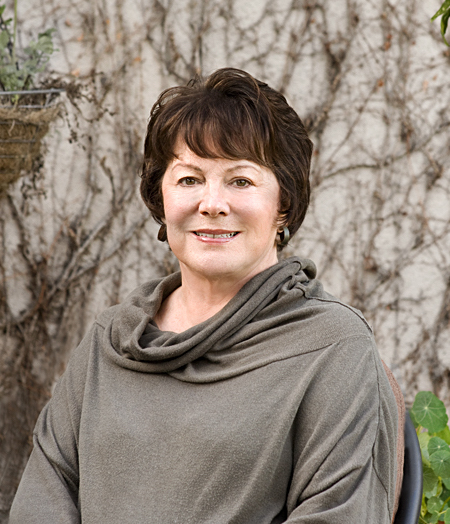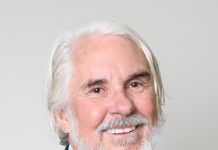Speaking Out, Looking Within

By Jean Hastings Ardell
In a recent column entitled Cleaning It All Up I wrote, “As a Christian, I’m ashamed of the white church’s history of abetting racial injustice.” A reader, Douglas Warren of Laguna Beach, protested that statement, saying in a letter to this paper, “I don’t share Ms. Ardell’s shame over the white church’s abetting of ‘racial injustice,’ anymore than, I believe, a German citizen today should feel shame about the Holocaust.” In a later column I promised to address Warren’s comment. Amid this introspective season of Ramadan, Passover, and Easter now seems a good time.
In revisiting the line that troubles Warren, it would’ve been better to write, “As a Christian, I’m ashamed of the white church’s continuing history of abetting racial injustice. That’s because I think that Warren’s analogy to the Germany of 2021 is inaccurate because World War II ultimately ended the Holocaust, while America’s white evangelical church has continued to turn a blind eye to the racial injustices that Christ would have urged us to stand against. But it’s worse than simply ignoring racism. As James Waterman Wise wrote, “When fascism comes to America, it will be wrapped in the flag and carrying a cross.”
The unhappy truth is that fascism has been an element in our country for a long time. And what’s more fascist than systemic racism? So I ask again, “Is the white Christian church so certain of its righteousness that it fears to examine its own part in racial injustice?”
Let’s remember that it was slavery that divided this country’s Presbyterian Church, of which I’m a member, a schism that would last more than a century. A few years ago, I worked with a man who was born and raised in Mississippi and was writing his memoirs. His father-in-law, a prominent preacher in the Southern Baptist Church, told him that while studying in seminary during the 1930s he had participated in a debate over the question of whether Black people had souls. The writer, as did I, felt shame at this. (That denomination had also split over the issue of slavery—not until 1995 would the Southern Baptist Convention make a formal apology for its support of slavery and segregation.) Closer to home, here’s what Rick Warren, the senior pastor of Saddleback Church, said in a YouTube address entitled “Life and Justice For All” after George Floyd’s death last May beneath the knee of a Minneapolis police officer: “With each new incident, all of us are more outraged, more ashamed, more discouraged, more depressed that this kind of injustice is still happening.”
There’s that word again, “ashamed.”
More and more, white people of faith are acting on their conviction that systemic racism must end. A white evangelical woman I admire has become involved in bethebridge.com, an organization dedicated to “the ministry of reconciliation” (2 Corinthians 5:18). Regarding the March 16 shootings in Atlanta, faithfulamerica.org posted: “Racism and sexism spread not just when they are actively taught, but also when the church fails to condemn them. That’s why we cannot pretend the problem lies only in one corner of Christianity. Injustice anywhere is injustice everywhere, and all of us who follow Jesus Christ must speak out now and center the Asian-American community in our response.”
That’s not to say I believe in wallowing in shame over the errors of our forefathers. We can learn from our history, however. So I would argue that we have the moral obligation to address and respond to the current realities of systemic racism in our culture. For many people that means examining our biases and speaking up. I get that some feel uncomfortable about this, because our skills in talking about the issues that matter in a collegial way seem to have dwindled. Just watch the panel discussions or interviews on CNN or Fox News—a pox on both of them! It’s too often about comforting viewers in their opinions. But as the 19th century journalist Finley Peter Dooley famously wrote, “The job of the newspaper [I would substitute “news media” for “newspaper”] is to comfort the afflicted and afflict the comfortable.”
While it’s easy to worry over fumbling to accurately state to our opinion or stumbling into controversy over racial injustice, I think it’s worth persevering. Let’s learn more about why and how the people of color in Laguna are afflicted. If that makes others of us uncomfortable, so be it. Organizations dedicated to helping us with this are available to help. Check out braverangels.org (a non-partisan organization), bethebridge.com, or faithfulamerica.org.
Jean is a Laguna Beach resident and member of the Third Street Writers.





Beautifully and thoughtfully stated, Ms. Ardell. Thank you for this column.